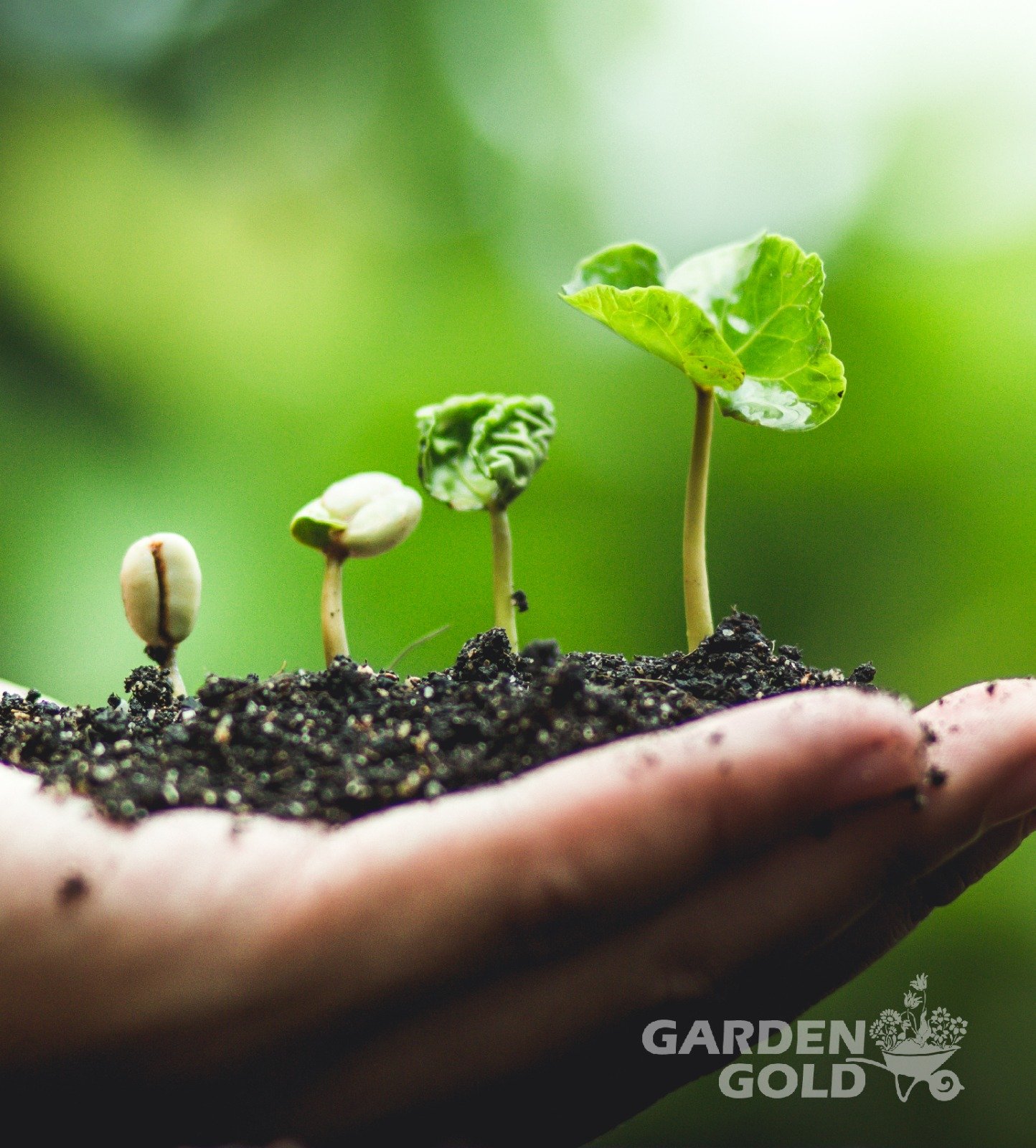
Vermicomposting is the process of using worms to break down organic refuse material into a nutrient-rich compost. Vermicomposting offers several environmental benefits, which finally result in a valuable soil amendment product. It plays an important role in mitigating climate change through waste reduction, methane gas reduction, improved soil health, carbon sequestration, and water conservation. This process is gaining momentum, especially in a city like Anand(Mogar), where people are becoming more and more aware of the benefits of organic vegetables and therefore demanding more of it.
Some of the benefits include
Waste Reduction
Probably the most immediate advantage of vermicomposting is waste reduction. Organic wastes contribute to a great deal of landfill mass. As organic wastes decay in landfills, they become very potent producers of methane, a greenhouse gas. Vermicomposting diverts this waste from landfills and turns it into a valuable compost instead. In this way, not only is the volume of waste reduced, but so are methane emissions, thus directly helping to mitigate climate change.
Methane Gas Reduction
Landfills turn out to be large emitters of methane, which has 25 times more potent global warming potential than carbon dioxide. Vermicomposting can efficiently reduce the quantity of refuse that goes to landfills, thereby saving a lot of methane production. This reduction in methane emissions thus becomes an important step toward mitigation of climate change, helping to bring down the total levels of GHGs in the atmosphere.
Soil Health and Carbon Sequestration
Vermicompost contains plenty of essential nutrients and beneficial microorganisms, which help improve soil health and fertility. Healthy soils thus form the backbone of carbon sequestration, the process of removing carbon dioxide from the atmosphere and storing it in soils. Vermicompost organic matter helps in enhancing soil structure and giving it more potential to store additional carbon. Through its effect on soil health and carbon sequestration, vermicomposting thus lowers atmospheric carbon dioxide levels associated with climate change.
Water Conservation
Vermicomposting helps in water conservation. Soils enriched by vermicompost have greater water retention capacity, reducing the frequency of irrigations. This is quite important for areas in arid regions or where there is a shortage of water. Vermicomposting improves the moisture retention of the soil, which helps in conserving the water resource, hence is a sustainable practice in agriculture and gardening.
Local Impact: Organic Vegetables in Vadodara
Increasingly, organic farming methods, including vermicomposting, have been adopted in Anand for the growth of organic vegetables. Maybe this trend is because people are getting more aware about the benefits of organic produce to health and the environment. Organic vegetables do not include synthetic pesticides or fertilizers in their growth process; hence, they are much healthier to consume for people and the environment. Vermicompost in organic farming is thus not only a means of enhancing fertility but also a way of adopting sustainable agricultural practices that ultimately reduce dependence on chemical inputs in agriculture.
To Summarize
Vermicomposting is linked to various environmental benefits, including waste reduction, methane gas reduction, improved soil health, carbon sequestration, and water conservation. Vermicomposting is an activity whereby people, at the community and farm level, can contribute to waste management, mitigation of climate change, and promoting sustainable agriculture. Increased popularity of organic vegetables in Vadodara elaborates on the raising awareness and the result of adopting organic methods. The more people who jump on board to embrace vermicomposting, the more we all can work toward a resilient, sustainable future.
